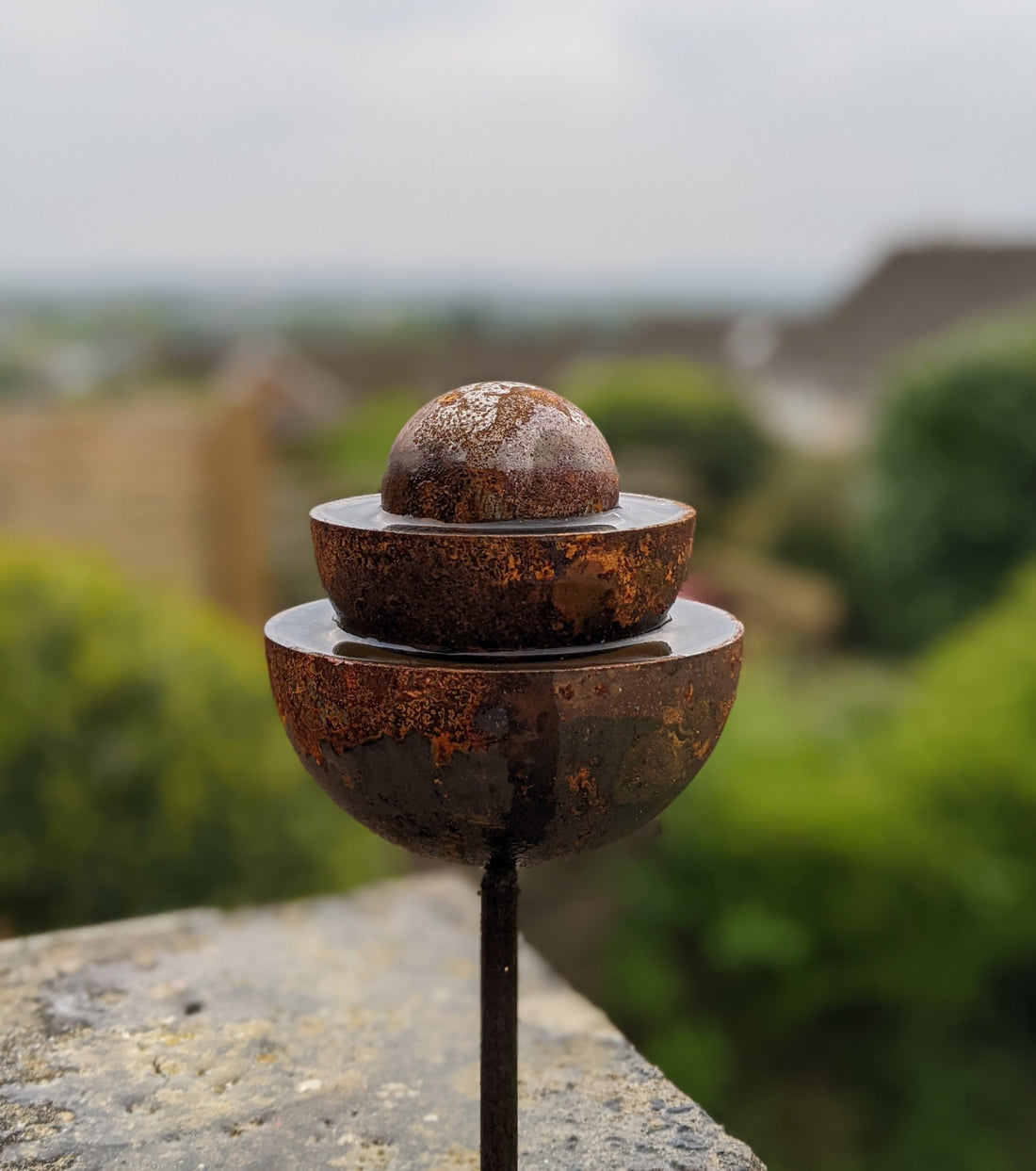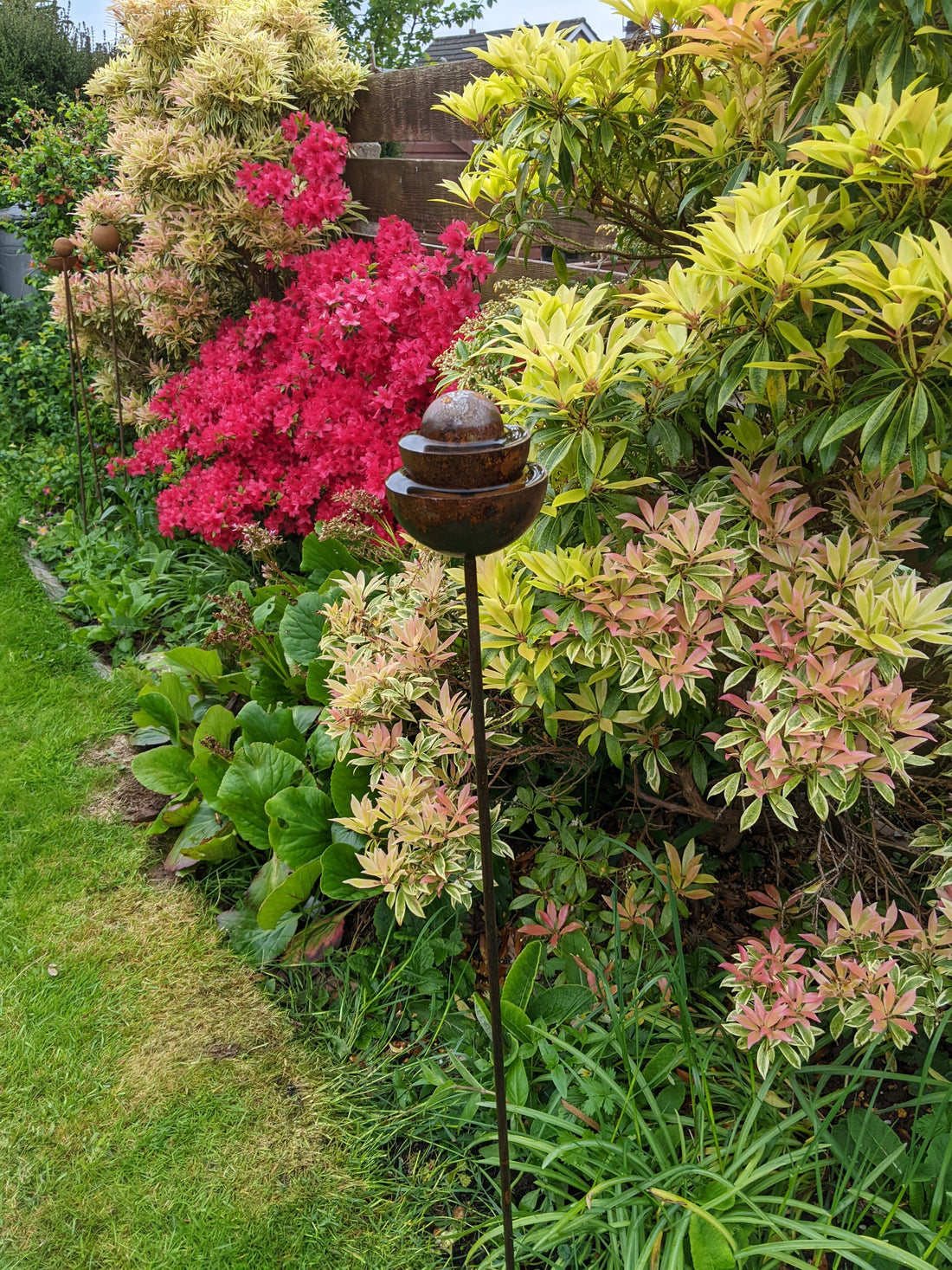8 products
-
Rain Catcher | Plant Support | Rusts with Rain.
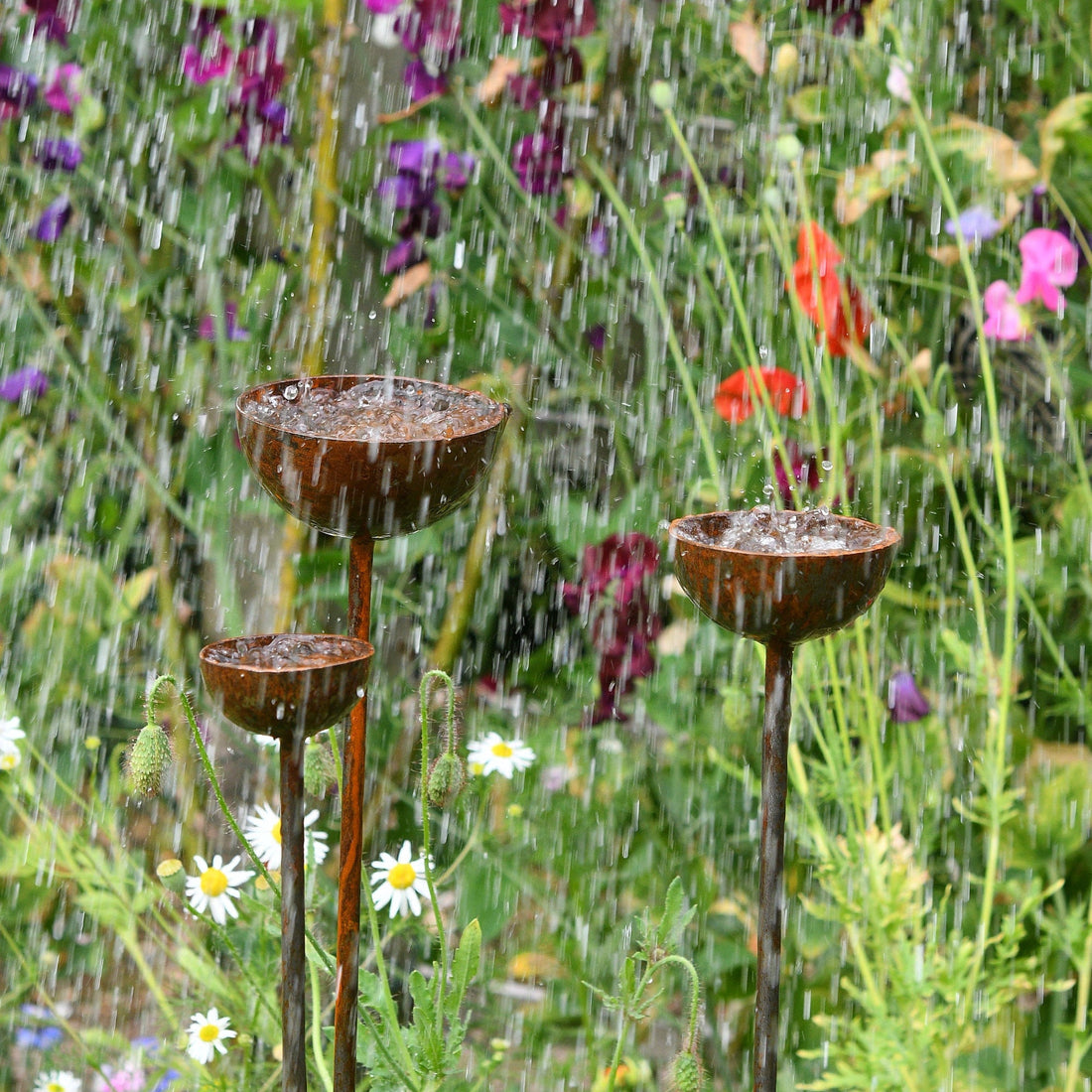
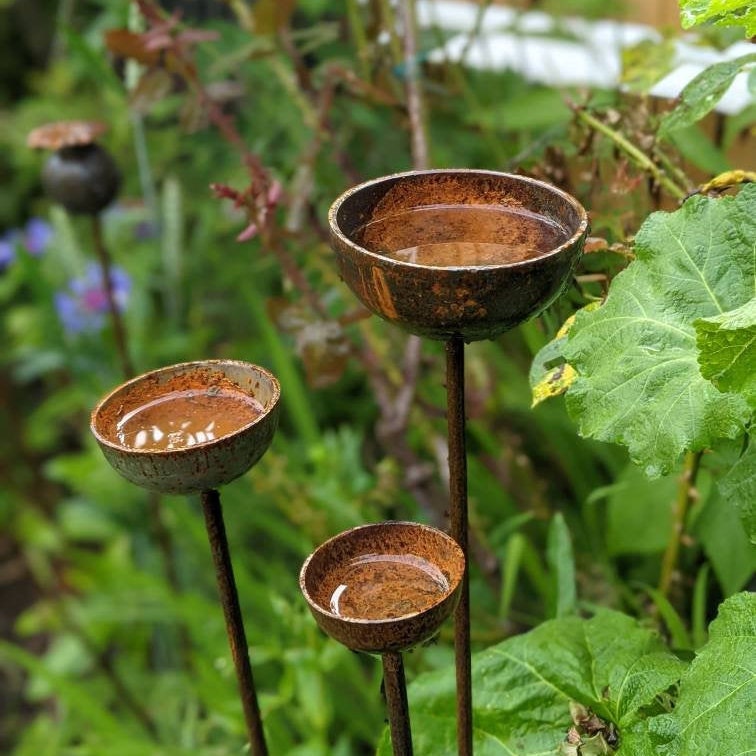 Rain Catcher | Plant Support | Rusts with Rain.
Rain Catcher | Plant Support | Rusts with Rain.- Regular price
-
£9.99 £55.99 - Regular price
-
- Sale price
-
£9.99 £55.99
-
Rain Catcher Fountain
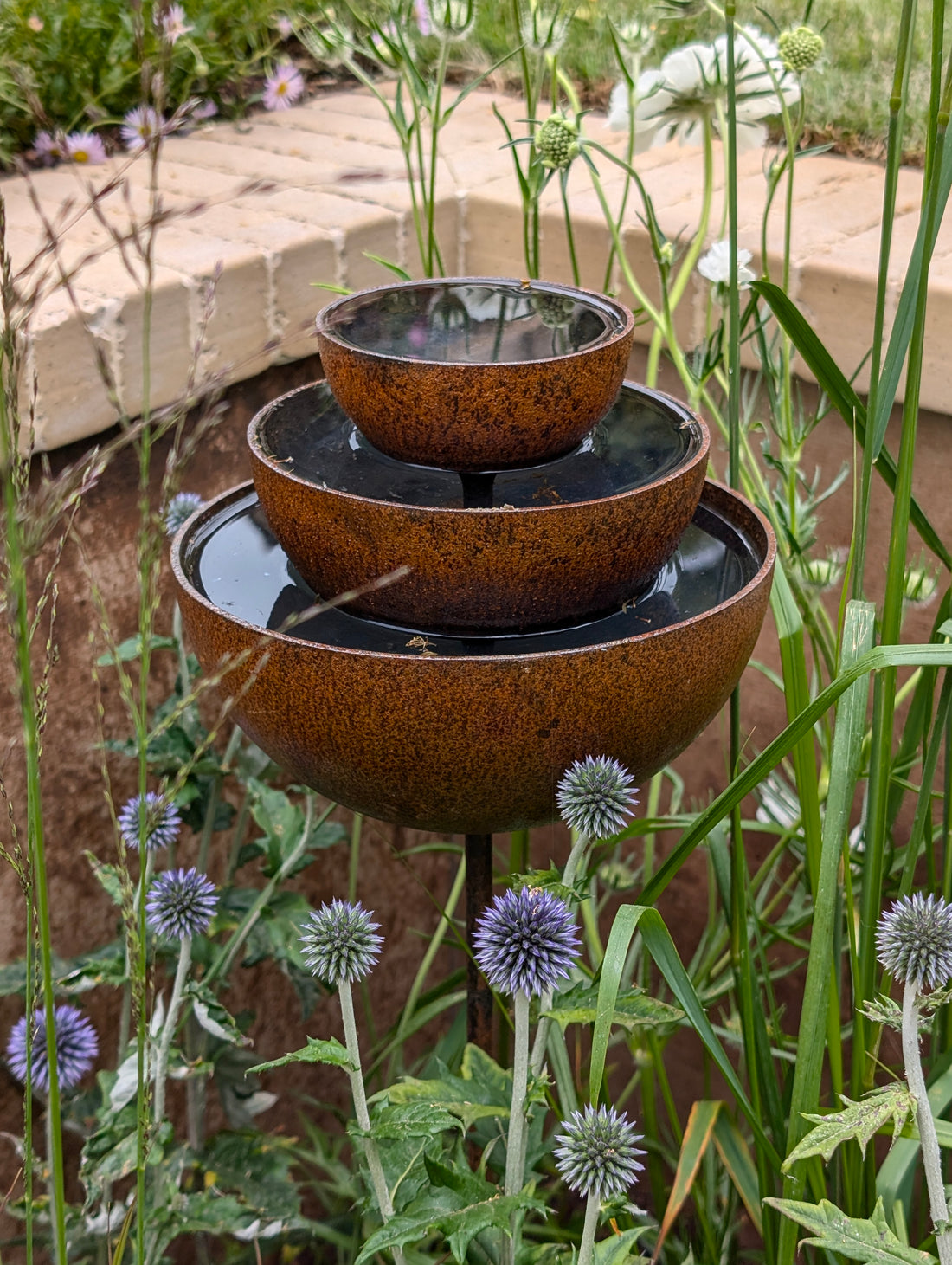
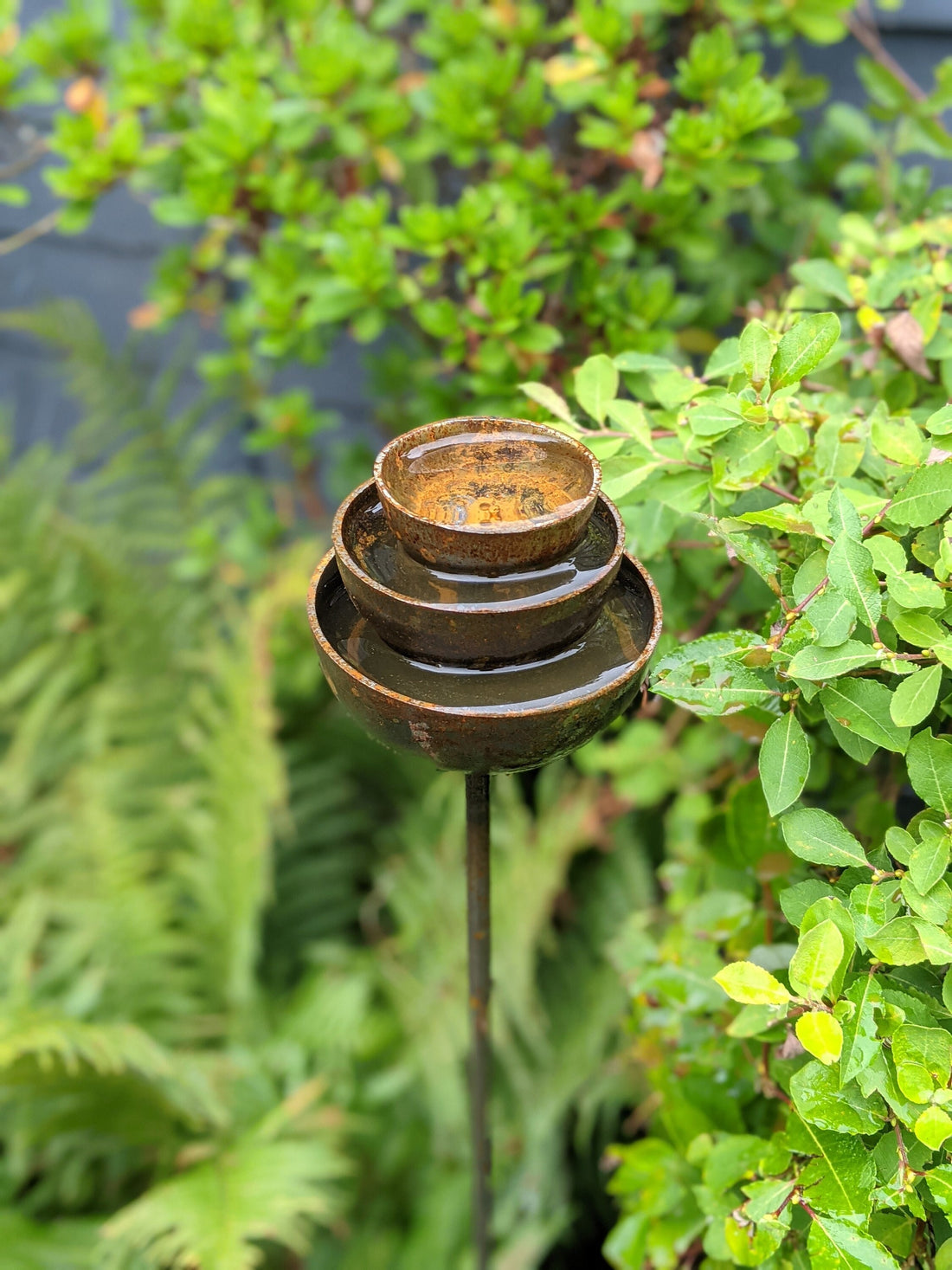 Rain Catcher Fountain
Rain Catcher Fountain- Regular price
-
£29.99 £49.99 - Regular price
-
- Sale price
-
£29.99 £49.99
-
Rusty Metal Bird Feeder Stake
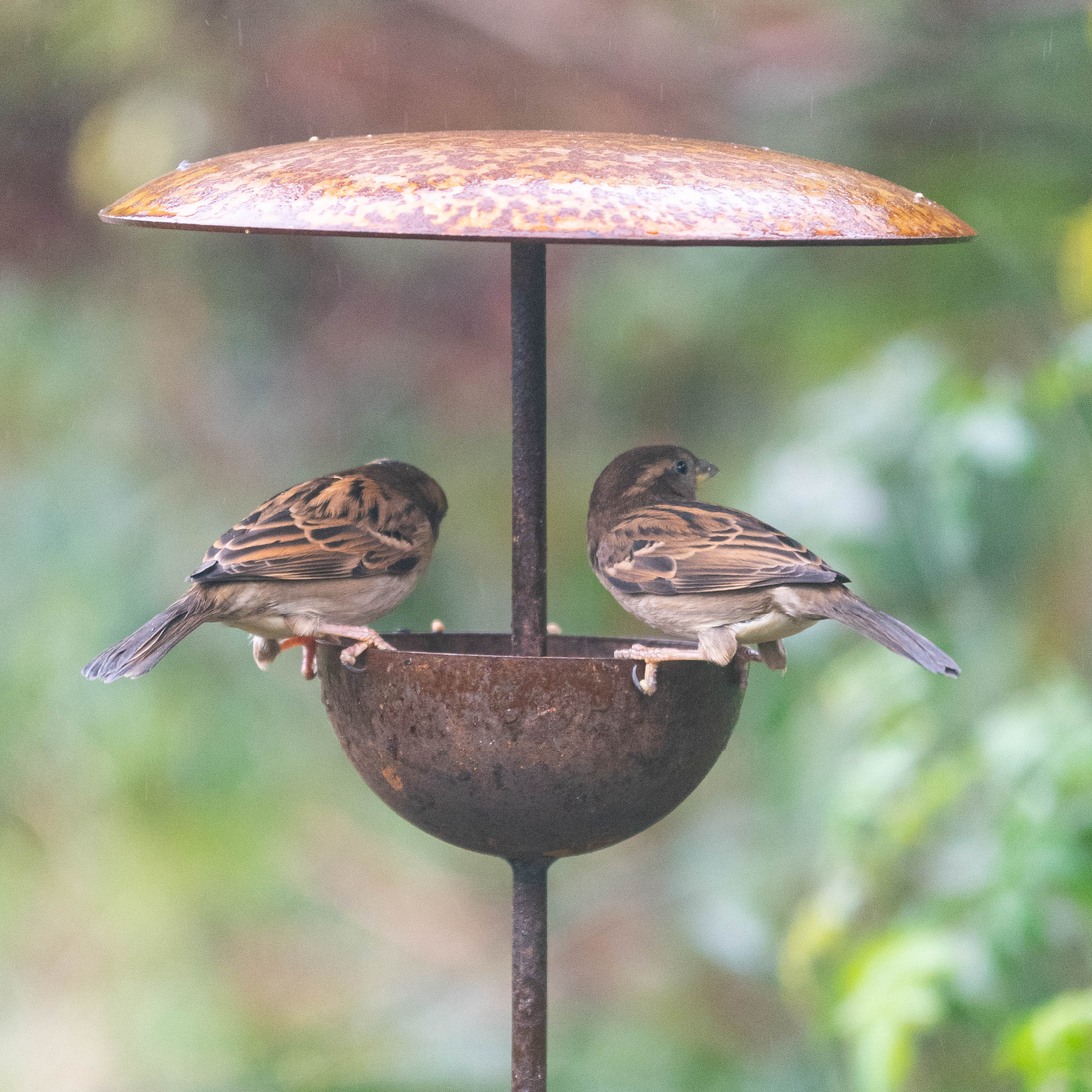
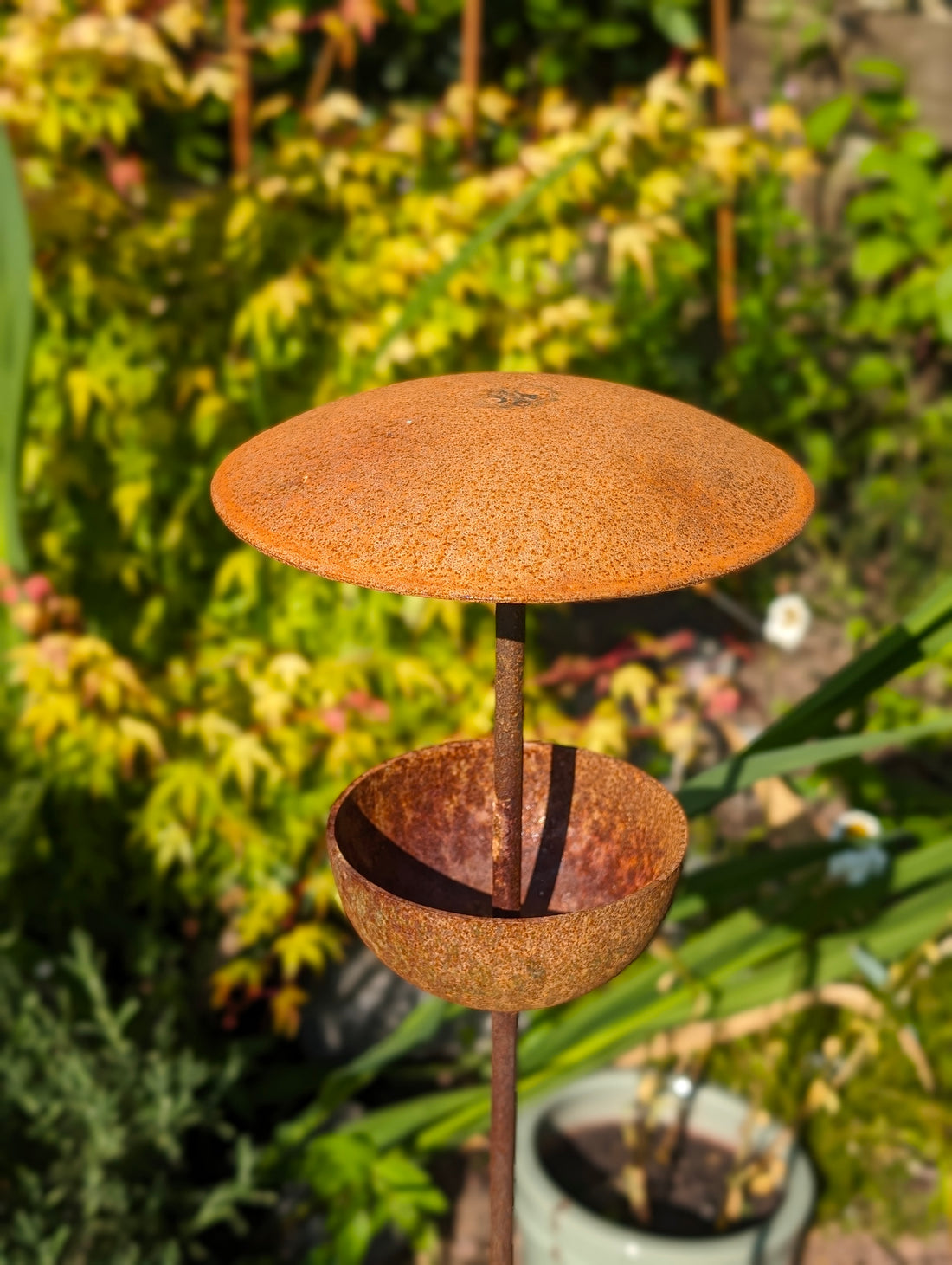 Rusty Metal Bird Feeder Stake
Rusty Metal Bird Feeder Stake- Regular price
-
£33.95 £38.65 - Regular price
-
- Sale price
-
£33.95 £38.65
-
Metal Bird Feeding Platform
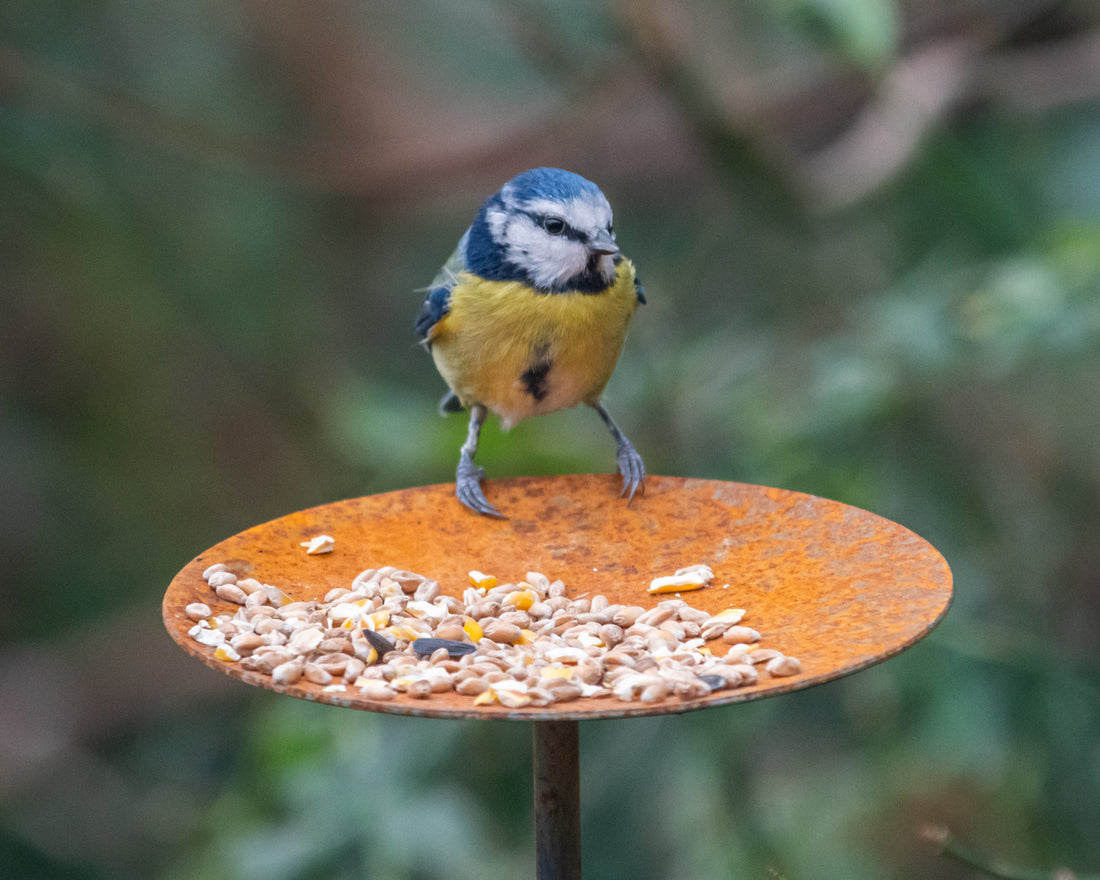
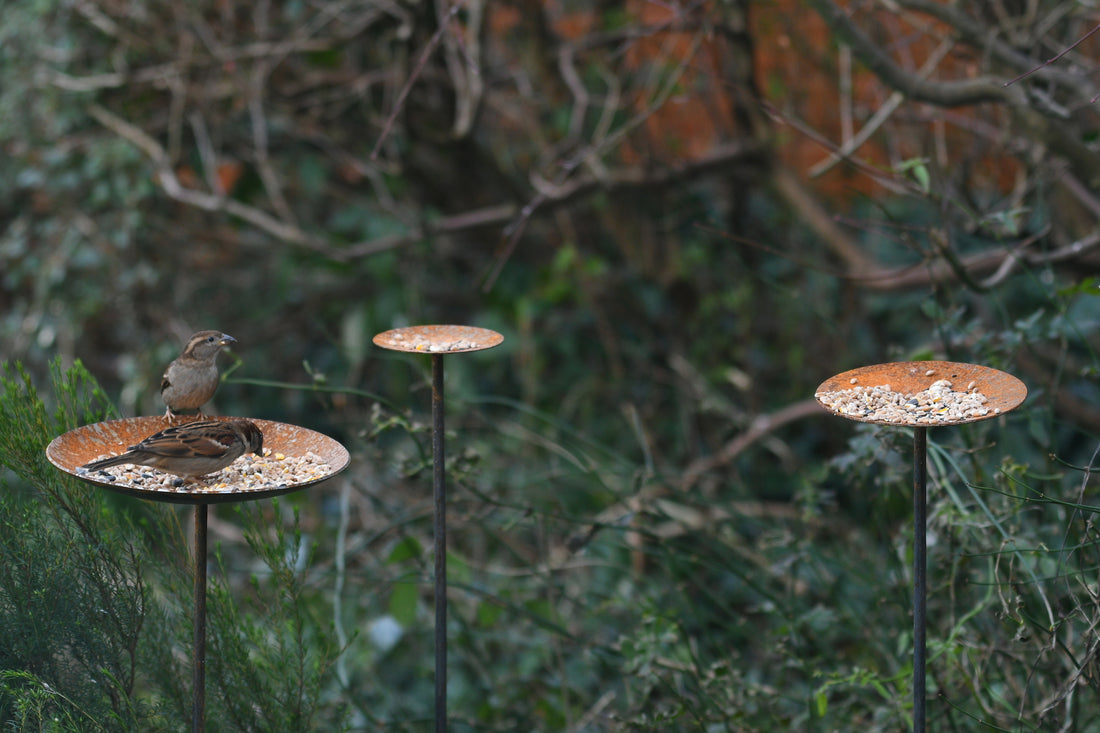 Metal Bird Feeding Platform
Metal Bird Feeding Platform- Regular price
-
£14.99 £44.99 - Regular price
-
- Sale price
-
£14.99 £44.99
-
Rusty Metal Daffodil Flower
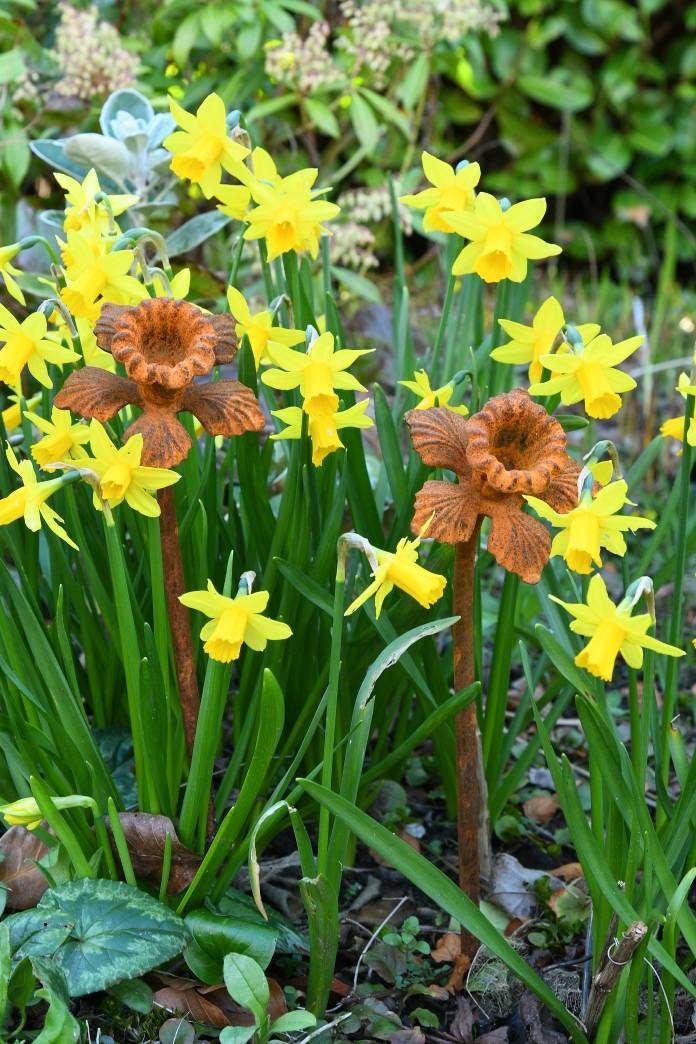
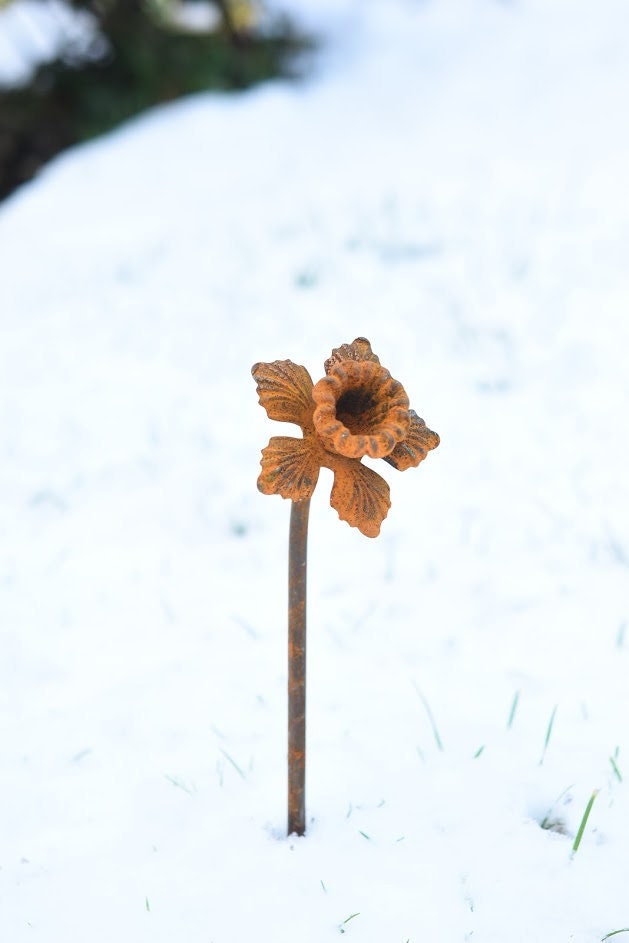 Rusty Metal Daffodil Flower
Rusty Metal Daffodil Flower- Regular price
-
£12.99 £47.99 - Regular price
-
- Sale price
-
£12.99 £47.99
-
Double Hanging Metal Bird Feeder Ring
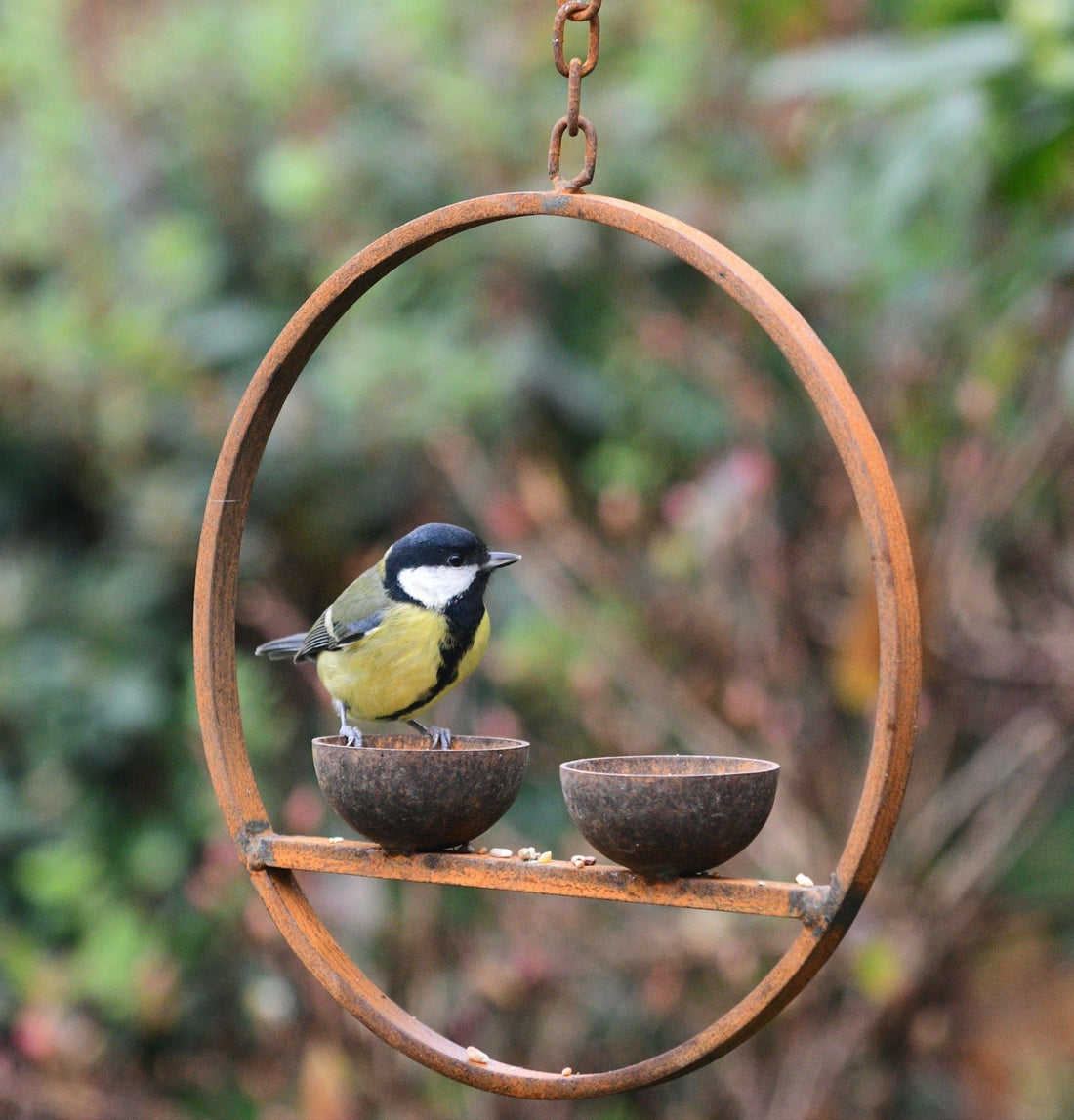
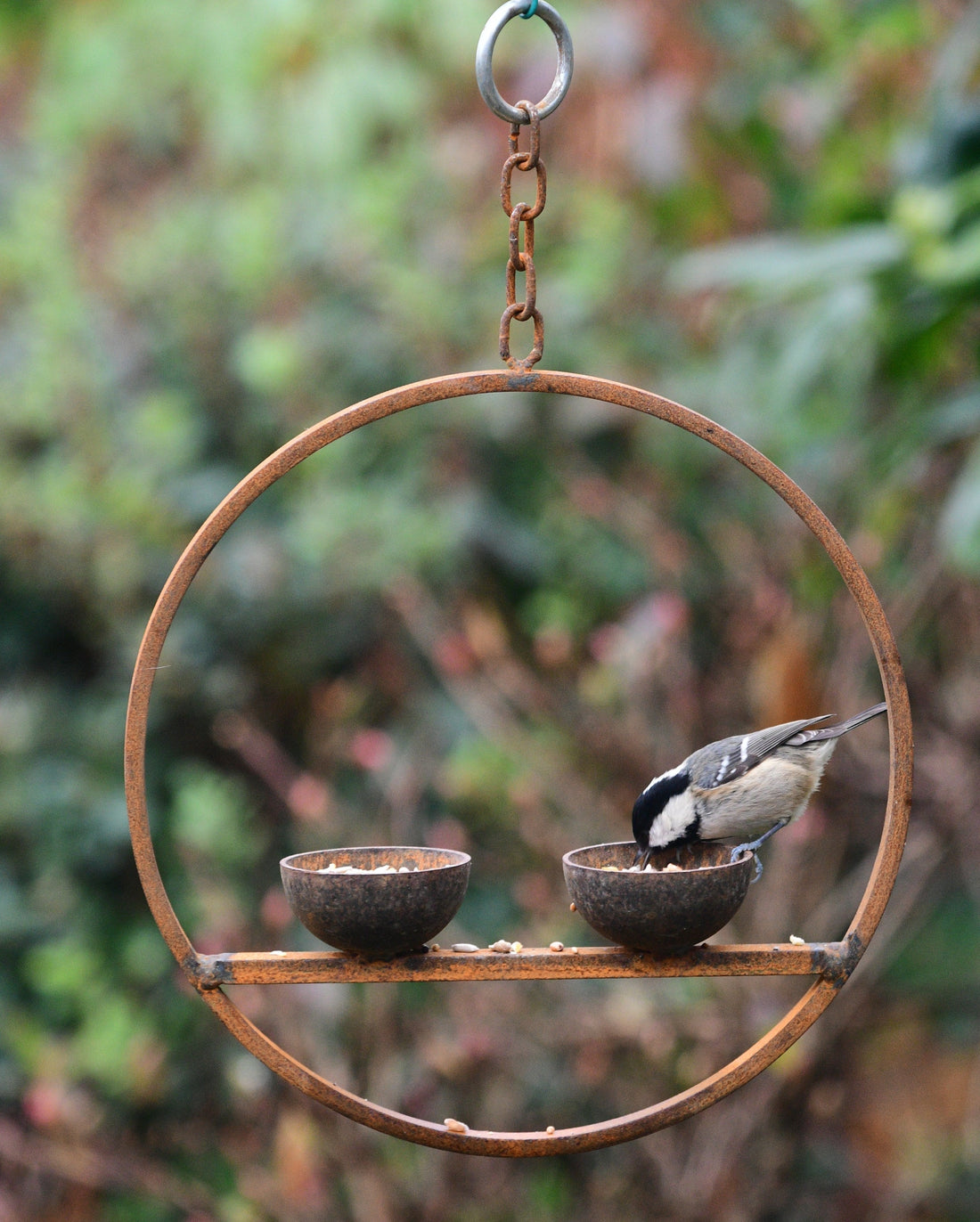 Double Hanging Metal Bird Feeder Ring
Double Hanging Metal Bird Feeder Ring- Regular price
-
£20.99 - Regular price
-
- Sale price
-
£20.99
-
Rusty Metal Poppy Seedhead - Metal Garden Flower Sculpture - Garden Decor
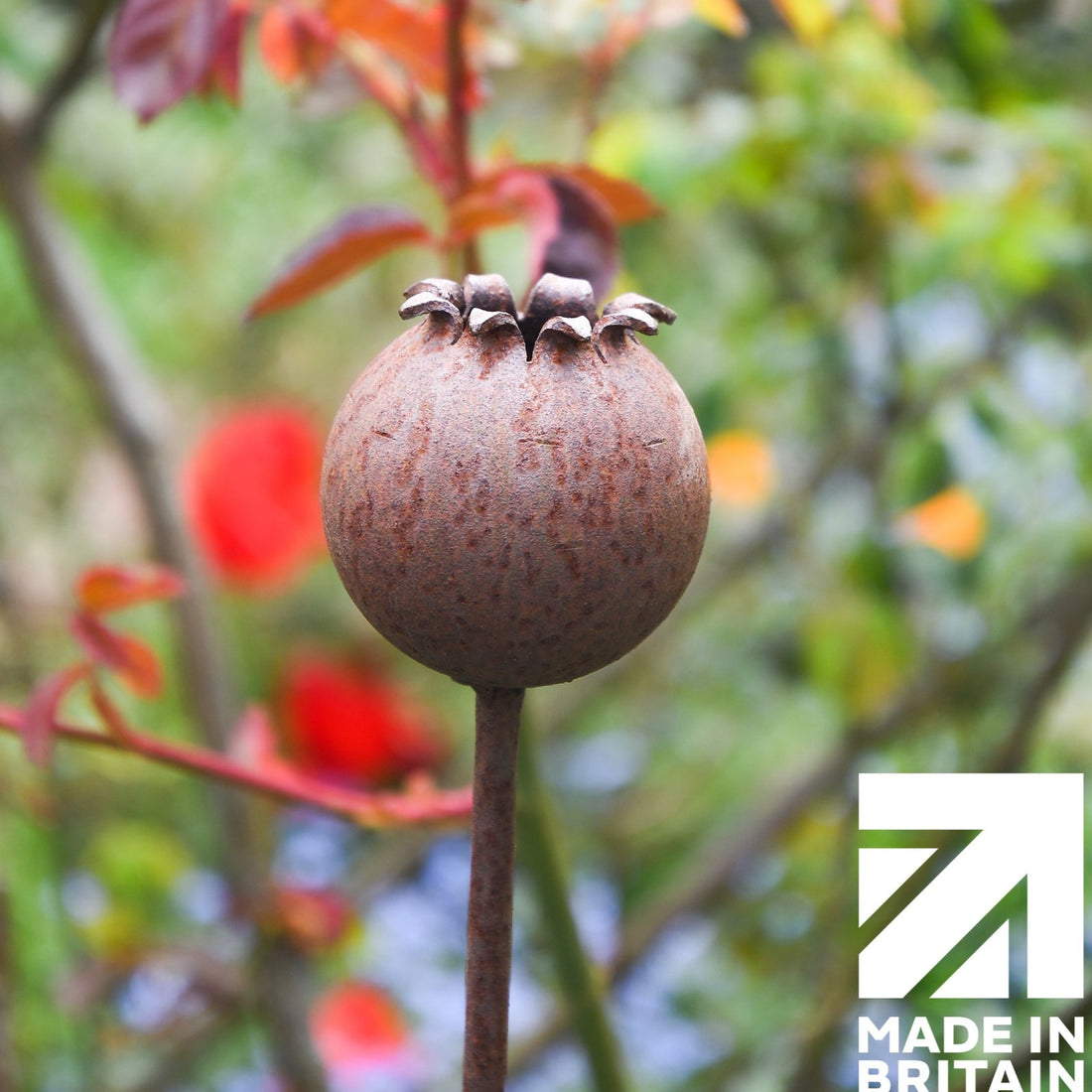
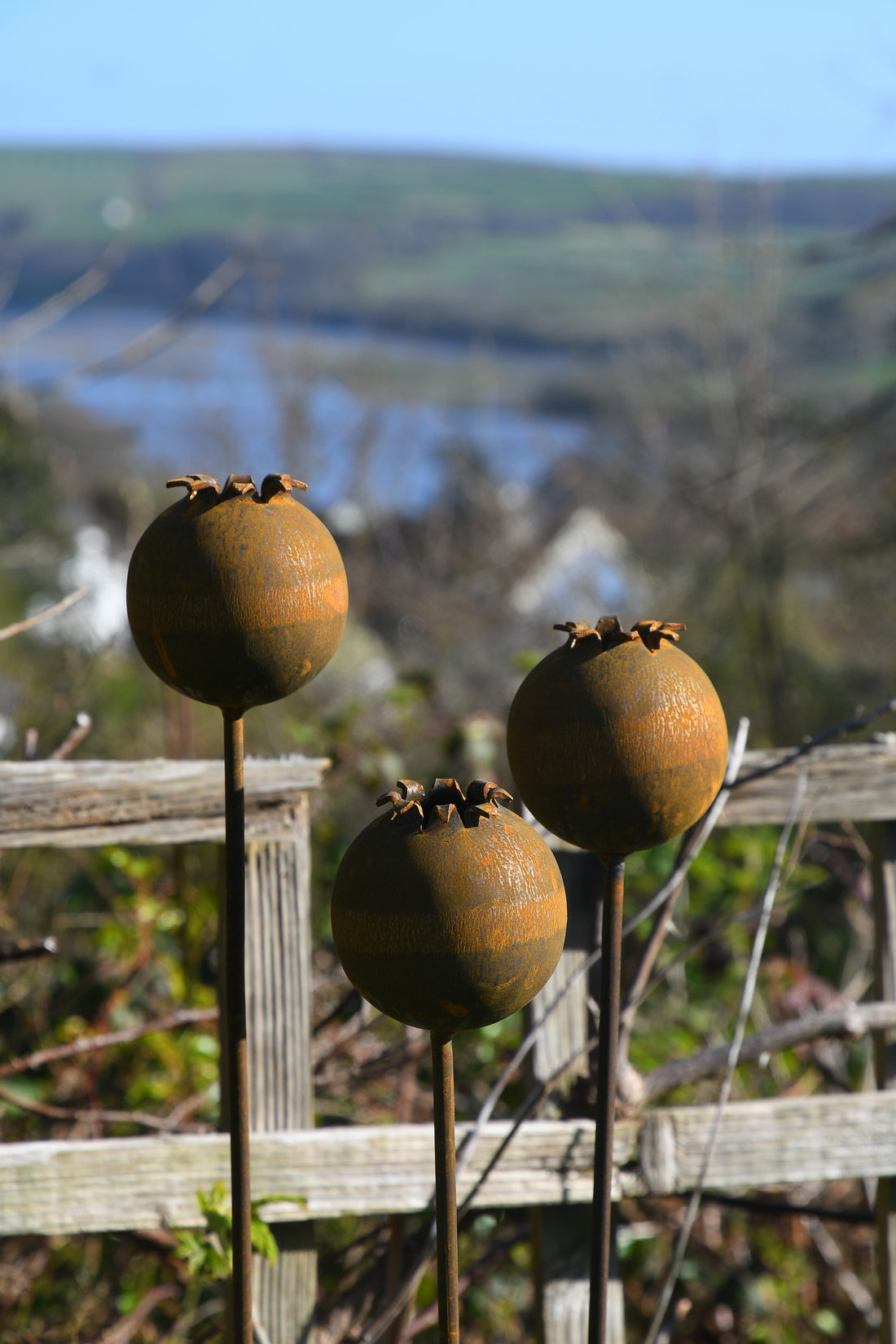 Rusty Metal Poppy Seedhead - Metal Garden Flower Sculpture - Garden Decor
Rusty Metal Poppy Seedhead - Metal Garden Flower Sculpture - Garden Decor- Regular price
-
£19.99 £88.99 - Regular price
-
- Sale price
-
£19.99 £88.99
FAQs - (1)
What type of bird feeder should I use?
The best feeder depends on the birds you want to attract. Hanging feeders suit finches and tits, while our platforms or rain catchers are ideal for robins and blackbirds.
How can I stop squirrels from eating bird food?
Use squirrel-proof feeders, place feeders away from trees or fences, and try adding a baffle to deter them.
Where should I place my bird feeder?
Position it in a safe, sheltered spot, ideally near bushes or trees for cover, but away from predators like cats.
What is the best food to attract different birds?
Sunflower seeds attract finches and tits, mealworms are great for robins, and suet is ideal for a variety of species.
How often should I clean my bird feeder?
Bird feeders should be cleaned at least once every two weeks to prevent disease and maintain a healthy feeding environment.














